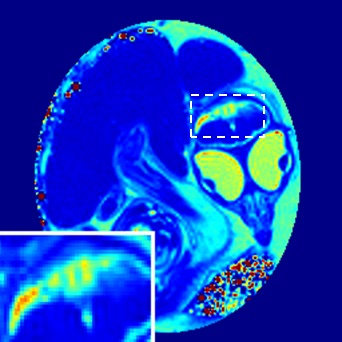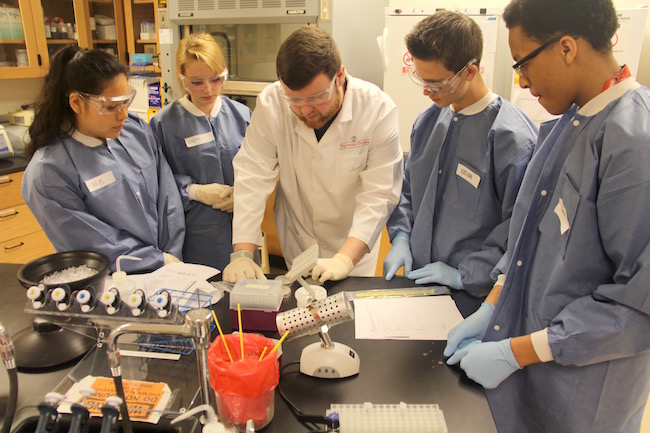The American Medical Association’s recent decision to label obesity as a disease comes with many questions as patients, physicians, insurers and others view the condition in a new light.
“Mainly I see the AMA’s decision as a effort to make sure treatment is covered by Medicare, Medicaid and other insurance,” said Connie Crawley, a University of Georgia Cooperative Extension nutrition and health specialist in the College of Family and Consumer Sciences.
“Calling obesity a disease also takes some of the stigma away that it is just a personal flaw in one’s character that causes it—just like drug addition or alcoholism are diseases.”
At UGA, obesity experts like Crawley have been studying aspects of the disease through their various disciplines and through the university’s Obesity Initiative, which was designed to address adult and childhood obesity and its related diseases.
Current obesity-related research at UGA include obesity’s effects on the development of degenerative diseases and the normal function of the central nervous system; the impact of obesity and high fat diets on early changes in the blood vessels of the eye; and cross-cultural comparisons on how physicians manage patients for cardiovascular disease who have risk factors like obesity.
Obesity, Crawley explained, “is a chronic condition that requires life-long treatment. It certainly can increase a person’s morbidity and mortality from many other diseases like Type 2 diabetes, cardiovascular diseases, asthma and certain cancers. It also can cause serious psychological pain.”
Clifton A. Baile, a Georgia Research Alliance Eminent Scholar, D.W. Brooks Distinguished Professor of Animal and Dairy Science and professor in the College of Family and Consumer Sciences, leads the initiative. The Obesity Initiative has more than 90 UGA faculty members focused on areas ranging from basic research on obesity, metabolism, genetics and disease to the development of pharmaceuticals, weight management interventions, gaming and mobile technologies for health messaging and innovative afterschool exercise programs.
For more information, see http://obesity.ovpr.uga.edu/.
UGA Public Relations Coordinator Stephanie Schupska contributed to this article.








